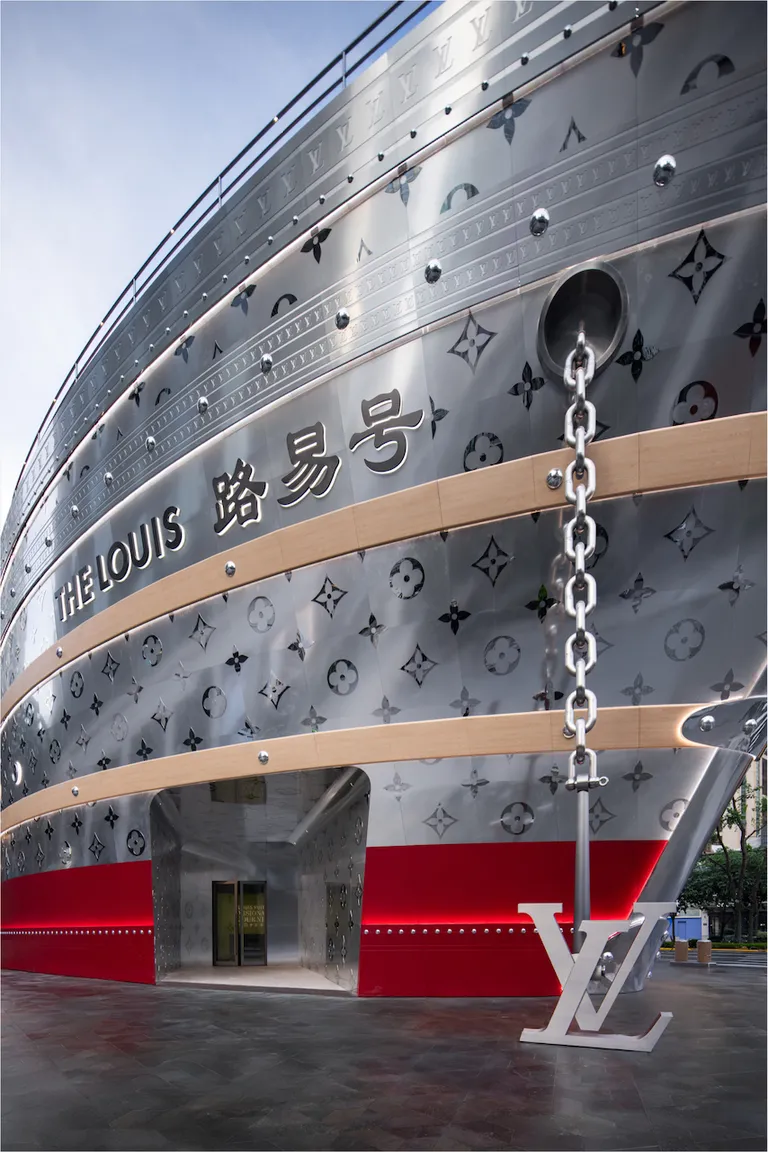Trust is the most expensive currency in luxury.
Once it’s gone, no CRM system in the world can buy it back.
Two weeks ago, a data breach at Louis Vuitton Hong Kong exposed the personal information of over 400,000 customers — including passport numbers, addresses, and purchase histories.
Not just emails.
Not just log-ins.
But deeply personal data.
For a brand that symbolises heritage, exclusivity, and precision, this incident is a reminder: trust isn’t inherited. It’s earned, managed, and renewed every day.
When a Strong Market is Shaken
That this happened in Hong Kong — one of Asia’s most mature luxury markets — makes it all the more significant. It shows how even the strongest brands remain vulnerable.
This isn’t about blame. It’s about learning, and adapting.
Because in 2025, when you sell to high-net-worth clients, you’re not just offering a product. You’re offering confidence. Certainty. Discretion. Stability.
And when clients ask:
“Where is my data stored?”
“Who has access to my preferences?”
“How secure is my transaction history?”
That isn’t paranoia. It’s the new reality.
Redefining Luxury Promises
For luxury brands, the implications are clear:
- Data security must become part of the brand promise, not just an IT protocol.
- Sales teams need to treat client data with the same care as the product itself.
- Client-facing professionals must be trained not only to create intimacy, but to protect it.
Because emotional safety is part of what luxury sells — whether we state it aloud or not.
Luxury has always been about more than objects. It is about the confidence customers feel when they engage with a brand. Once broken, that bond is harder to repair than any handbag, watch, or car.
The question is: how much are you investing in protecting trust — the most expensive currency in luxury?




